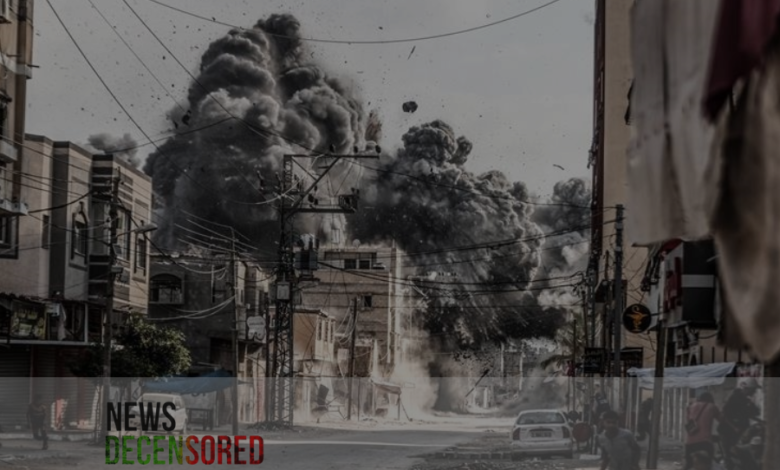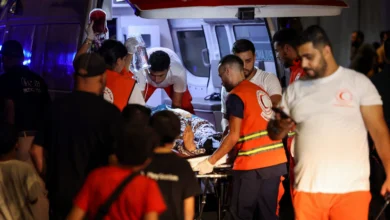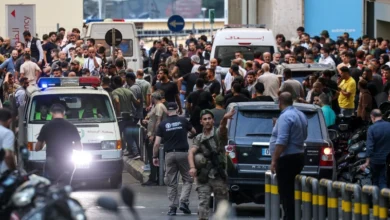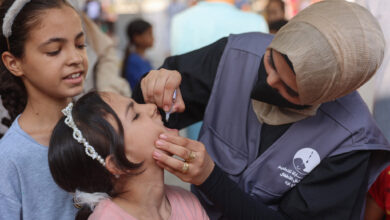Gaza death toll exceeds 39,000 as Israel kills dozens of Palestinians

Reports suggest the death toll has rocketed to more than 39,000, underlining a deepening humanitarian crisis in the area. Dozens of Palestinians have been killed in the recent violence spike resulting from a long-standing territorial dispute, which has flared several times over the decades.
The current amount of violence is one of the deadliest in recent times. Gaza is a small and heavily populated area that has borne the brunt of the hostilities. The casualty count comprises a high number of women and children among the densely packed civilian population. There is also extensive destruction of infrastructure, which includes homes, schools, and hospitals, and that adds to the misery of the local population.
The massive humanitarian fallout from the Israeli actions has drawn countrywide international condemnation aimed at nullifying the threats posed by Hamas, a militant group ruling Gaza. Nonetheless, the enormous civilian death toll has raised questions over the proportionality and need for the assaults. There is a solid appeal to exercise restraint and for both parties to return to negotiations and find a peaceful exit from the crisis.
The humanitarian effect of the conflict is devastating. With the rising death toll, thousands of families weep for their loved ones. Psychological traumas are inflicted on survivors, especially children, in a highly high measure. Houses are demolished, and many inhabitants are left with no shelter over their heads, crowded into temporary shelters.
Years of blockade and previous conflicts have already stretched the Gaza healthcare system. The hospitals are quickly becoming overwhelmed with the number of people who have been injured by seeing this condition. Humanitarian groups are now raising calls for the immediate allowance of aid into Gaza to help alleviate the suffering. Above all; this is particularly pressing regarding medical supplies, food, clean water, and other vital resources.
The blockade by Israel means that very few goods can get into Gaza, making the satisfaction of the basic needs of the population very hard. There is a need for the international community to upscale efforts of humanitarian assistance and force pressure on the two sides to agree to a ceasefire.
The political fallout from the war is enormous. Violence perpetuates the dispute and defiles the two-state solution—contemplating an independent Palestinian state alongside Israel. The continuous acts of hostility boost the distrust between the parties and make it all the more difficult to resume negotiations for peace. The international community, particularly the United Nations and influential countries, should be more active in mediating this conflict and help support efforts for lasting peace.
The situation in Gaza puts a face to the human cost of the Israeli-Palestinian conflict. Casualties and a humanitarian crisis raise incessant demands for urgent attention to act on this priority by both parties in the protection of civilians, upholding international humanitarian law. Peace will not come quickly, but it is necessary for the people of Gaza and the region.
In other words, the death toll now climbing beyond 39,000 in Gaza serves to remind us that there is an imminent need for a ceasefire and humanitarian aid. The international community has to recommit to mediating the conflict and assisting the affected people. Only through collective continuous efforts will permanent and lasting peace succeed until this circle of hatred and violence stops saddening Gaza. The focus needs to be the saving of human lives, and it is only through attending to the root causes of this war that a just and long-lasting solution can be reached.




